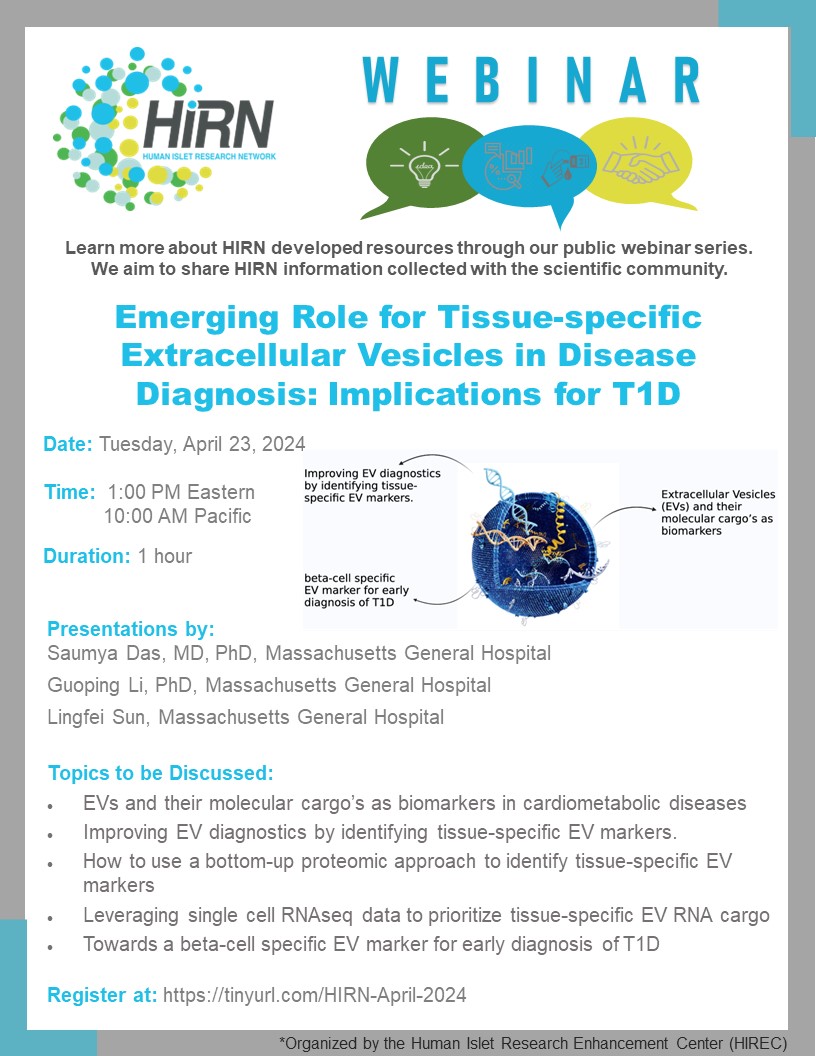Leaving Community
Are you sure you want to leave this community? Leaving the community will revoke any permissions you have been granted in this community.
The Jackson Laboratory Funding Opportunity: Diversity Outbred Pilot Grant Program
Here is the announcements from the Jackson Laboratory:
"Diversity Outbred Pilot Grant Program - – Understanding the Impacts of Genetic Diversity on Experimental Outcomes
Purpose: The purpose of the Diversity Outbred Pilot Grant Program is to explore new uses for genetic diversity in biomedical research. This program aims to enable a greater understanding of the impact of genetic diversity on experimental outcomes and to assess its contribution to phenotypic variability across a range of research areas.
Background: Research studies are typically designed with the intention of reducing the number of experimental variables to better understand specific biological processes. While this can be helpful in early-stage research, reducing variability at later stages may negatively impact translatability. This is particularly relevant to mouse biomedical research as inbred mice are genetically homogeneous populations. Although inbred mice can enable researchers to isolate and interrogate defined experimental variables, they are unable to recapitulate the genetic diversity observed across human populations. Testing in a single inbred mouse strain is thus genetically akin to testing in a single person, and this can lead to numerous challenges when attempting to translate experimental findings to humans.
In the past, it has been challenging to address the impact of genetic diversity on experimental outcomes due to difficulties recapitulating the breadth of human genetic variation. However, recently developed resources such as the Diversity Outbred (DO) mouse stock have improved upon these models and increased the accessibility of genetically diverse platforms. DO mice are a highly diverse population derived from the intercrossing of 8 inbred founder strains with distinct characteristics (5 common laboratory strains and 3 wild-derived strains). These founders represent ~90% of the genetic diversity observed in the Mus musculus species, resulting in an estimated >50 million genetic variants across the DO population. This level of genetic diversity is well above that of traditional models, and enables researchers to assess whether findings observed in early-stage studies can be reproduced in more diverse genetic backgrounds.
To better understand genetic diversity and its role in translatability, The Jackson Laboratory is launching the Diversity Outbred Pilot Grant Program. The Jackson Laboratory’s mission is to discover precise genomic solutions for disease and empower the global biomedical community in the shared quest to improve human health. Through the Pilot Grant Program, we aim to identify novel solutions to more accurately model human biology in experimental systems.
Program Goal: The goal of the Diversity Outbred Pilot Grant Program is to support projects that leverage genetic diversity to improve the translational impact of mouse studies in biomedical research. Genetically diverse mice have been used for a wide range of applications in oncology, immunology, neurobiology, infectious disease, and others. With the Pilot Grant Program, our intention is to expand upon this work, and provide a basis for further research into the dynamics of genetic diversity and phenotypic variability.
Areas of Research Interest: The Diversity Outbred Pilot Grant Program is open to investigators across all biomedical research areas including, but not limited to: oncology, immunology, neurobiology, infectious disease, metabolism, cardiology, pulmonology, gastroenterology, and hematology.
Funding is intended to support research that incorporates DO mice into standard experimental workflows, such as including DO mice in an existing study as a discrete study arm. See “Experimental Guidance” for details. The Pilot Grant Program is not meant for quantitative trait loci (QTL) mapping studies, but may be used to generate preliminary data for future work in this area.
Award Information: The Diversity Outbred Pilot Grant Program will provide awards in one of two forms:
• JDO1: The Jackson Laboratory will provide up to $10,000 USD in direct research funds and up to 50 DO mice
• JDO2: The Jackson Laboratory will provide up to 50 DO mice
Applicants are requested to submit a single proposal, and applications will be evaluated and tiered based on the criteria outlined in the Review Criteria section.
For proposals requesting >50 mice, a supplement is requested to justify the need for this number of mice.
The Pilot Grant Program is not intended to support indirect costs such as overhead, salaries, major equipment, travel, or publication submission fees.
Eligibility: Applicants must be affiliated with an academic, government, or other nonprofit institution in North America to be eligible for award.
Key Dates:
• Posted Date – 09/01/2021
• Open Date – 10/01/2021
• Application Due Date – 12/03/2021, 11:59 PM ET
• Notification of Award – 01/14/2022"






